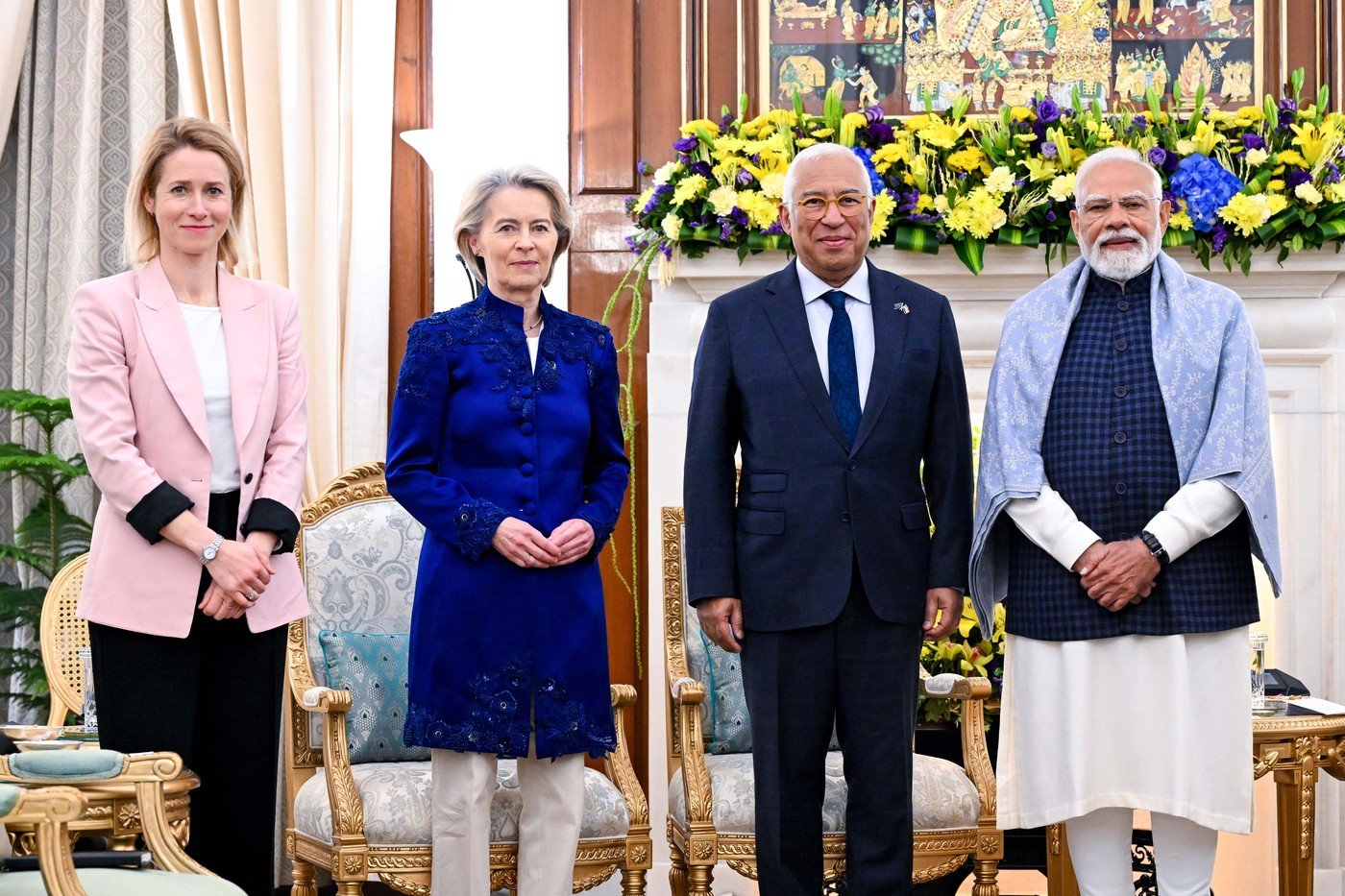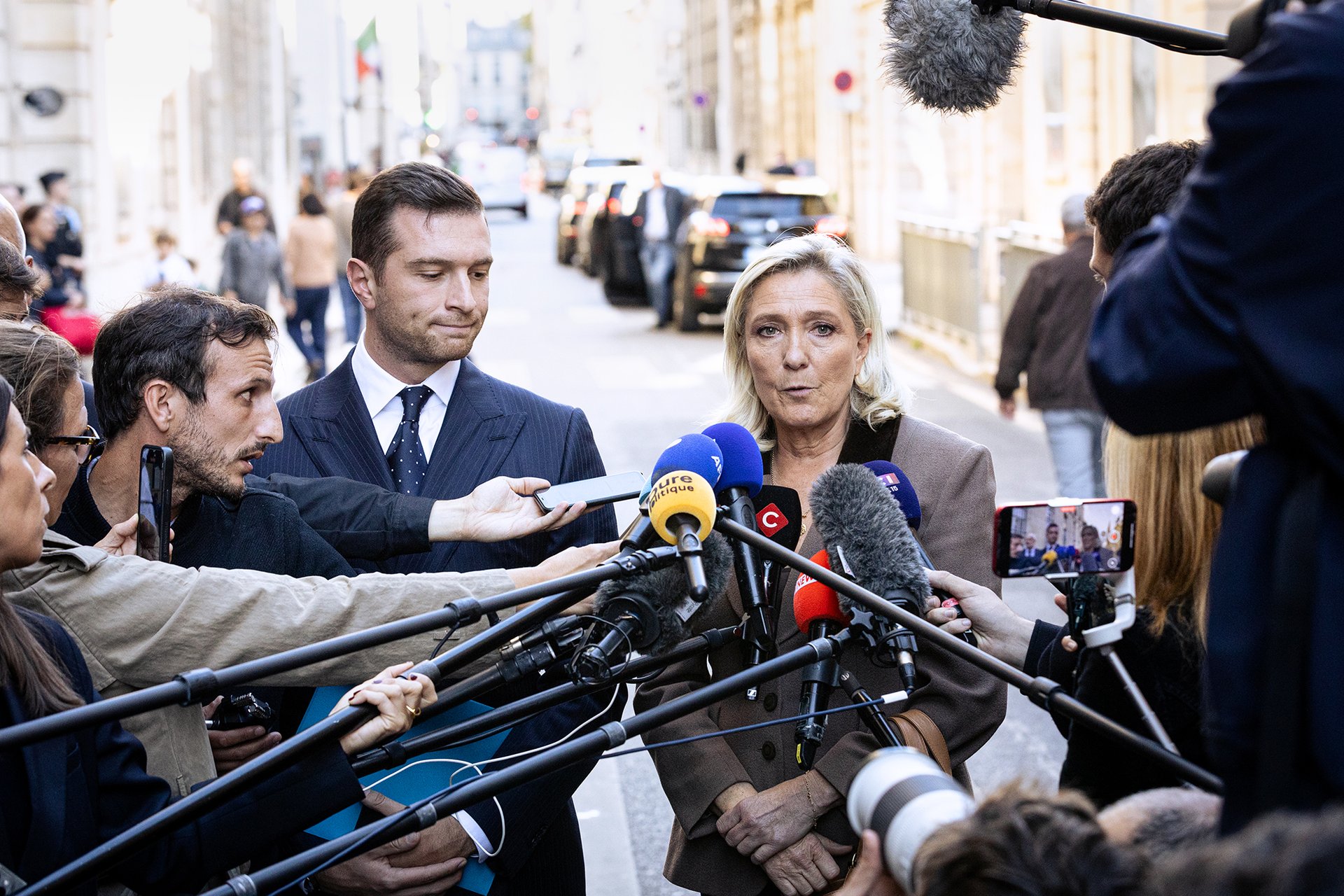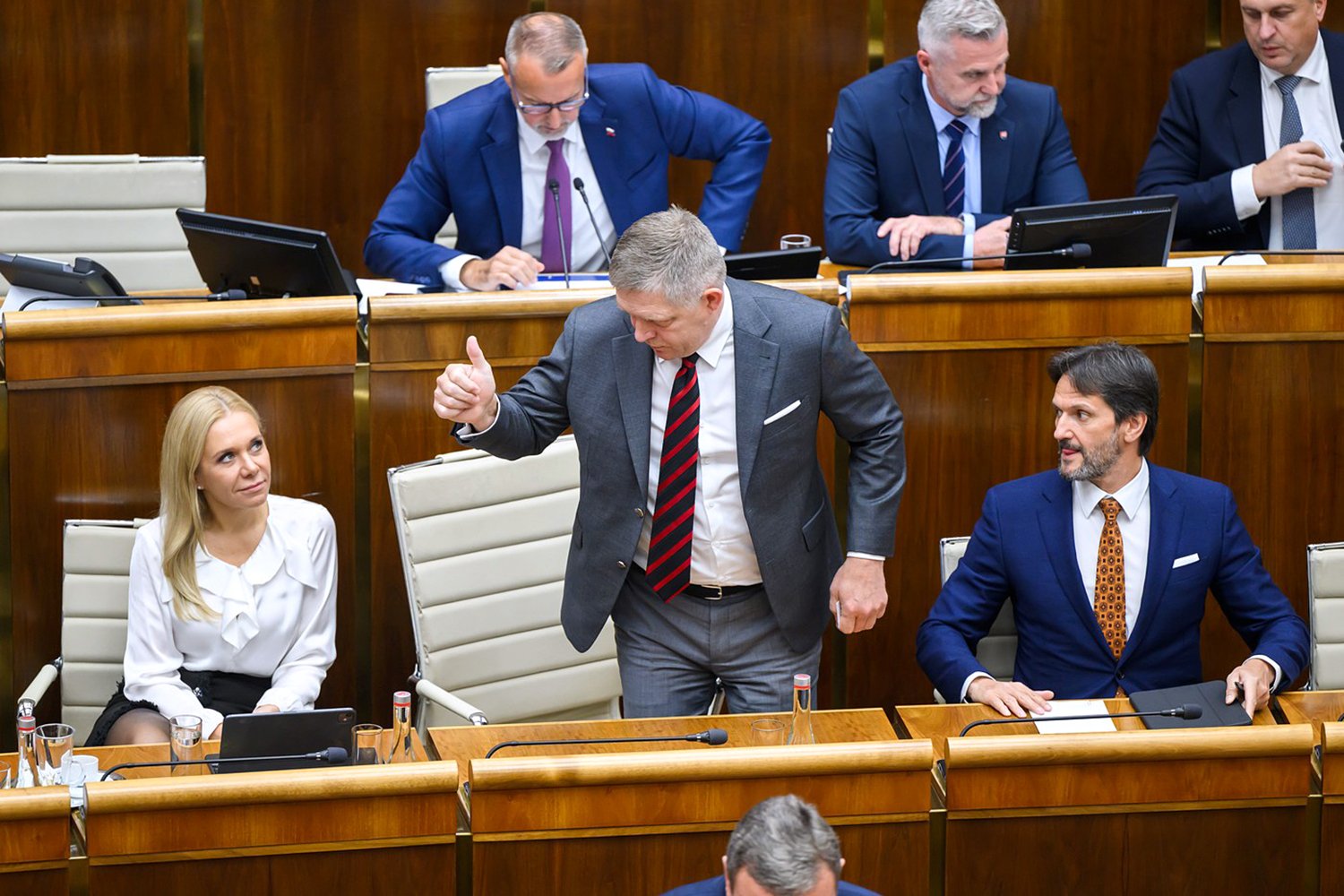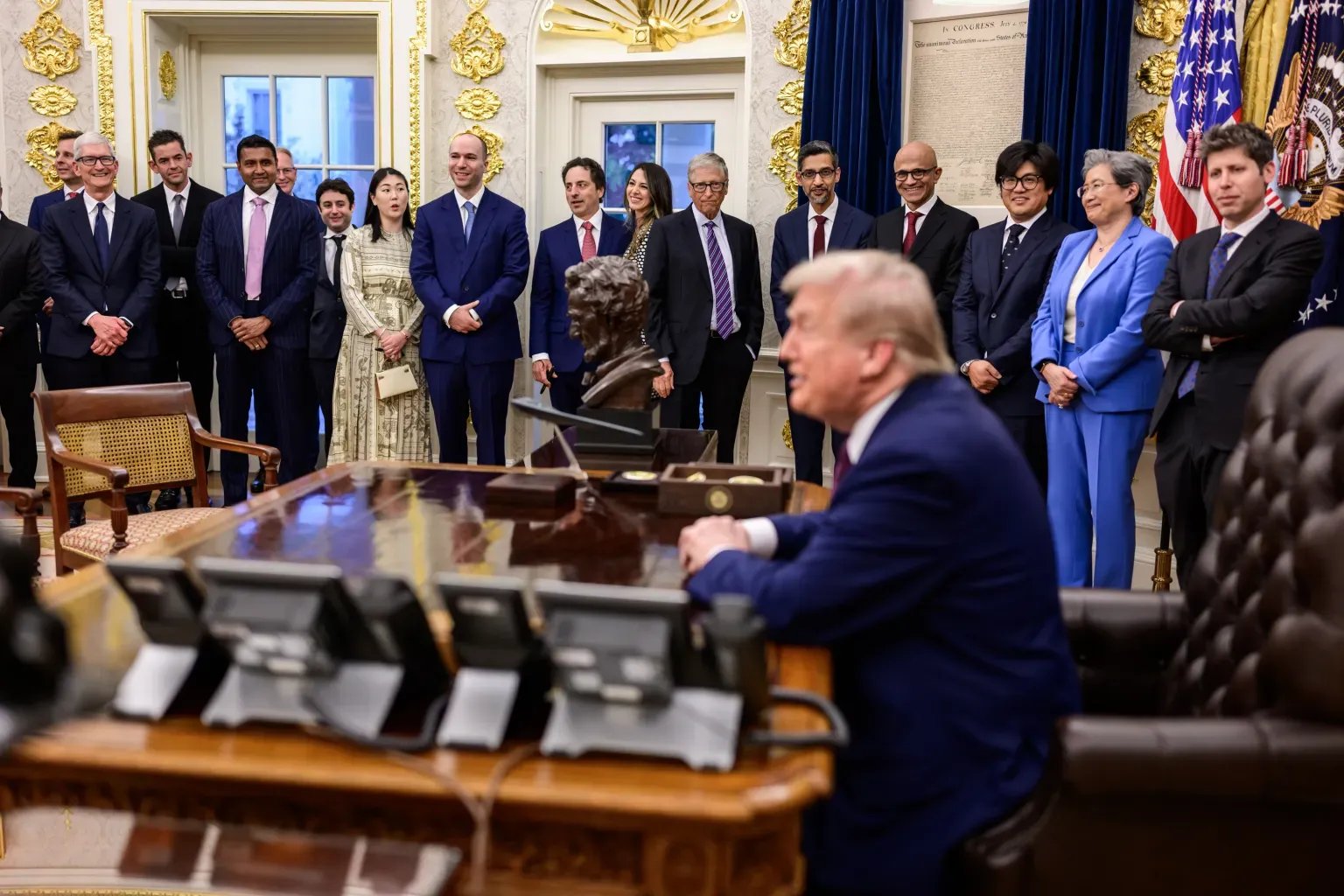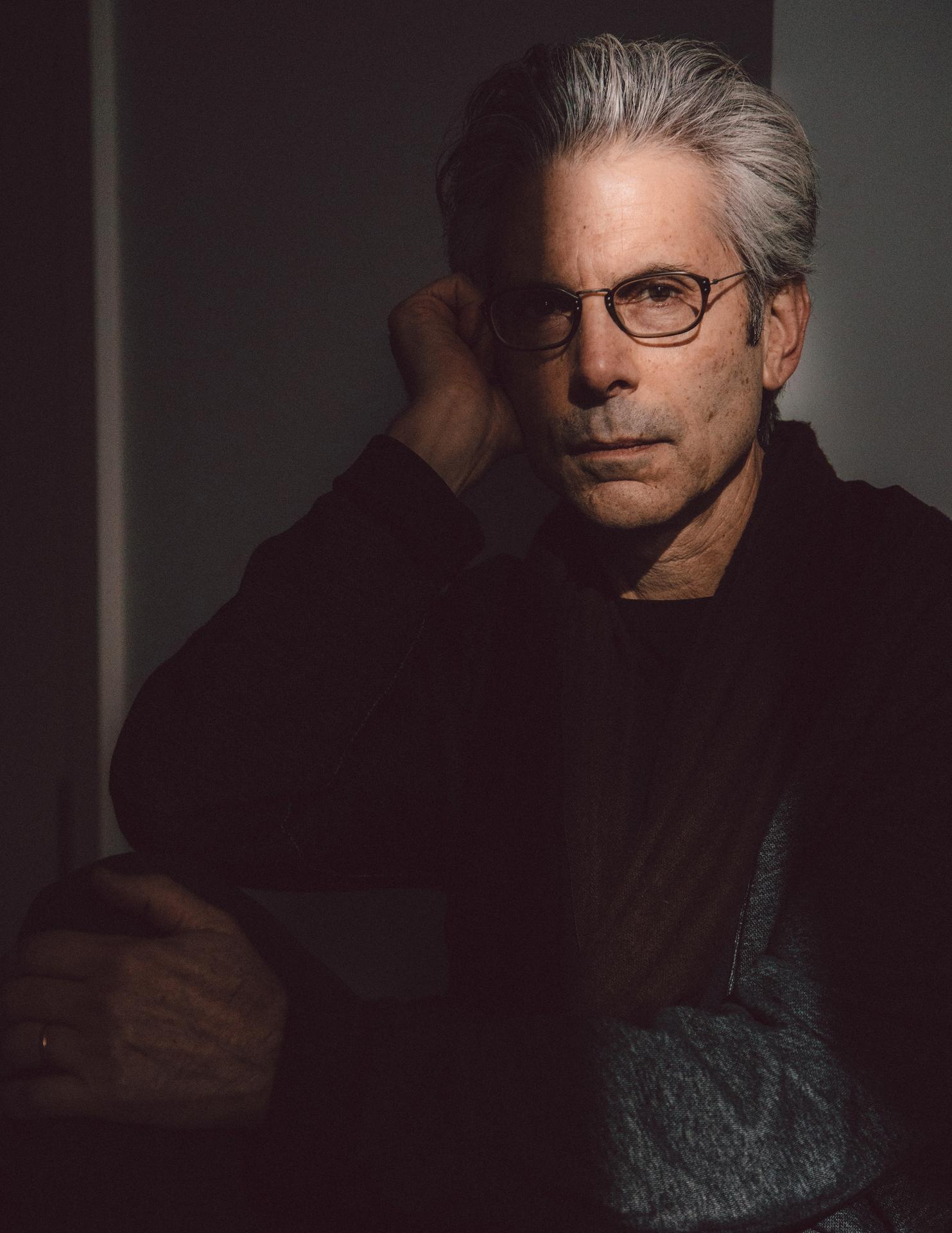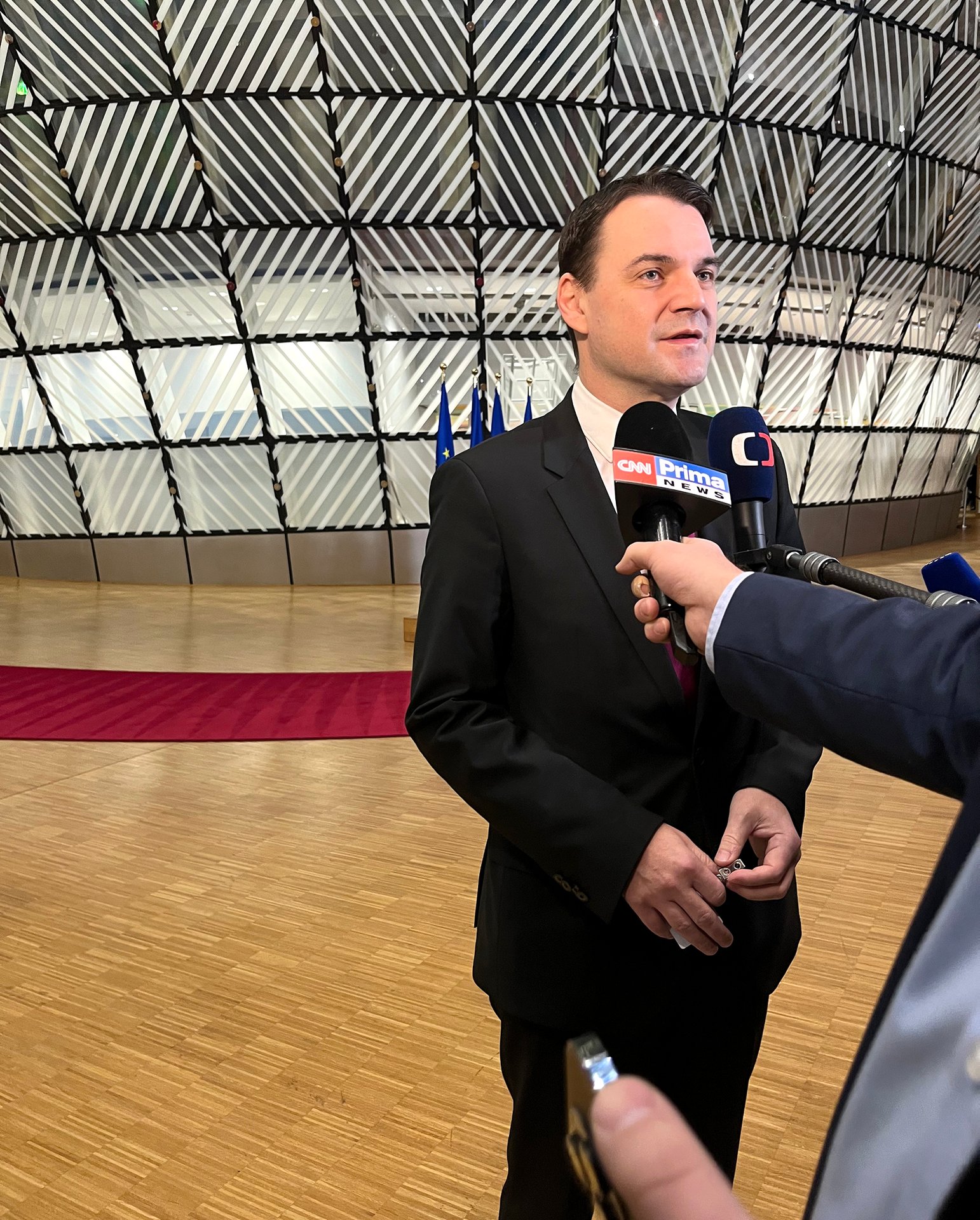The word from America: How we see Snowden
Should he be punished or celebrated?
Pozn. red. Anketa si neklade za cíl být reprezentativním výzkumem. Chce spíš ukázat, jak Američané mladších ročníků přemýšlejí o tom, co udělal Edward Snowden, který odtajnil dokumenty o rozsáhlém monitorování internetu i telefonních hovorů ze strany amerických a britských tajných služeb.
The respondents:
Megan, 24, health insurance professional, Corpus Christi, TX, Independent
Angela, 26, development officer, Chapel Hill, NC, Democrat
Josh, 24, PhD student, Raleigh, NC, Libertarian
Auburn, 33, English teacher, Seattle/Czech Republic, Democrat
Jesse, 25, software developer, Seattle, WA, Libertarian


Do you feel that Edward Snowden acted rightly? Should he be punished or celebrated? Do you agree with the US government’s charges against him?
Megan: Here's what's Snowden did – he unearthed an age-old scenario of one government trying to get the upper hand amongst other governments through questionable spy tactics. I don't think it has done much good yet, but I hope that ultimately there will be a positive shift or outcome. While he is obviously right in calling out injustice, how much is actually going to change? [Snowden], with a debatable blend of honorable and self-righteous intentions, has forced [the government] to deal with a time and with a situation that will not go away this year or this generation. The charges against him are valid and fair. His actions in some ways do make him a figurehead to be celebrated, if you exclude his calculated cowardice post-leak and lack of positive contribution to society before this event. He deserves to be punished and celebrated.
Angela: I’m really less sure about this question now. I don’t think he’s a hero by any means, but I also don’t know what the right protocol is here.
Josh: I think Snowden is an American hero. In his own words, “being called a traitor by Dick Cheney is the highest honor you can give an American". He acted rightly and I think very few people could have done the same in his situation. He knew he could very well never see his home again. He could be tortured or killed, or spend the rest of his life in prison, and he still acted. As he said, „This country is worth dying for.“ And no, I don't agree with the government's charges against him. The government is clearly the one acting illegally in this case.
Auburn: I think that he did the right thing. I understand that the government is upset about someone telling the world things that they wish we didn’t know about them, but I believe that he witnessed a crime and shared it with the public; the same way someone who watched a robbery and reported it should get the same treatment. I’m thankful that there are people like him willing to voice their concerns despite the expectation of life-changing political backlash.
Jesse: Yes, I believe that Snowden acted rightly. He should be celebrated by all people who value individual rights and privacy. And he should be punished no more than the hundreds of government employees explicitly behind PRISM, who architected and executed a large scale spy network on private citizens without their consent or knowledge. Espionage is far more terrifying (and unjustifiable) when practiced by a pseudo-ethical-Omni-(ish)-authoritative-jerkwad-State than it is when practiced by an individual with limited sources of intelligence or recourse towards the jerkwad-State.
Do you feel that it’s our duty to sacrifice privacy for security?
Megan: That's the beauty of an elected government, of having opportunities to vote about minor and major laws and tax usage- we get the privilege and responsibility of debating privacy versus security. Ask those with a liberal arts background or working in the private sector, and many will say it is not our government’s place to involve itself in this way. Ask those with a background in the protective services (police officers, case workers, soldiers) or working in the public sector, and many will say how else will we survive? The rambunctious, cantankerous idealist in me immediately responds to this question by saying that it is not our duty to sacrifice privacy! But the internal voice of reason that acknowledges that I live in a rational world reluctantly admits its necessity.
Angela: I wouldn’t say it’s our duty to make that sacrifice, no. I think that we have to be really careful about assuming that there’s a line that the government won’t cross, though. It’s naive to think that the government has this wealth of information and won’t do anything with it. I think it’s important to note the similarities between PRISM and the strategies of, for example, the Stasi.
Josh: I definitely do not believe that it is our duty to sacrifice privacy for security. Protection of free speech, peaceable assembly, and protection against unreasonable searches and seizures are all guaranteed in the Bill of Rights. While there are obviously certain situations where we do give up our privacy, such as flying or going to a sporting event, this is done willingly, as it should be. The idea that one has a duty to the state that overrides the principles it was founded on is a very bizarre concept to me. Also, these measures are done in the name of protection from terrorism, while, as Snowden himself has pointed out, in the U.S. you are far more likely to be killed by a police officer than by a terrorist. You’re more likely even to be killed by falling in the shower. Even if terrorism were a grave threat to U.S. citizens on a daily basis, I would not be convinced that programs like PRISM provide enough useful intelligence to warrant throwing away the Constitution.
Auburn: Absolutely not. Security includes the right to have privacy, and particularly not when the privacy we’re giving up is huge amounts of data that have no connection to making us safer. I require a reason to suspect someone before investigating them, and I consider that an important basis our judicial system – all people are innocent until proven guilty. If we decide to give up that faith in humanity itself, then how can we justify having a government that’s for the people and by the people?
Jesse: If by duty you mean an obligation to obey the law, than in this case you (we) have a circular construct which protects the basis of the law – so no, I do not believe that it's our duty to sacrifice privacy for security. If by duty you mean an obligation to oneself to uphold their beliefs, than in this case it is not my belief that it's our duty to sacrifice privacy for security – therefore no, I do not believe that it's our duty to sacrifice privacy for security.
Pokud jste v článku našli chybu, napište nám prosím na [email protected].


